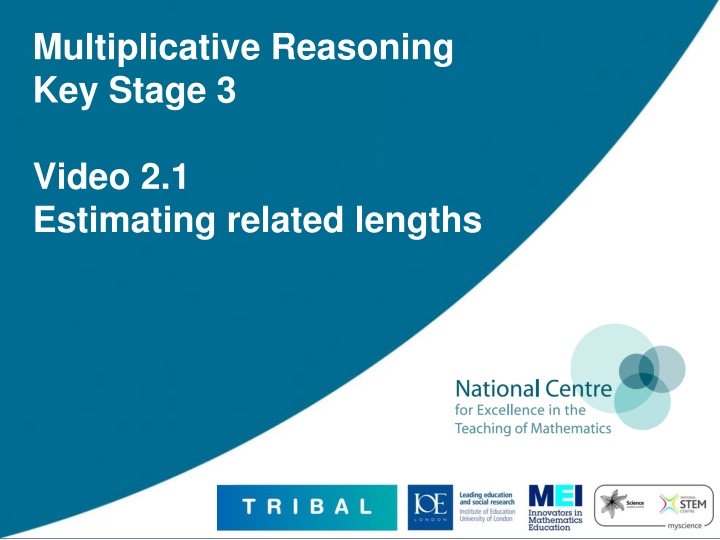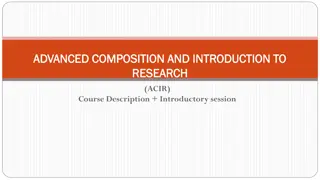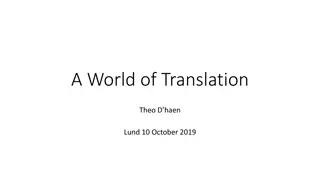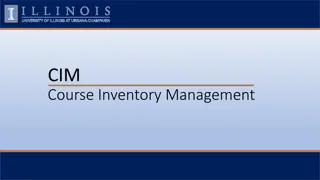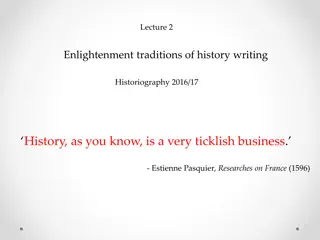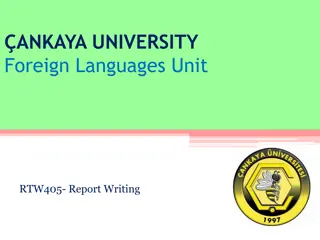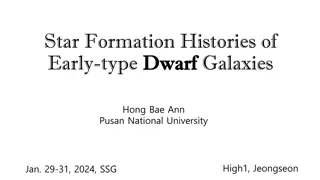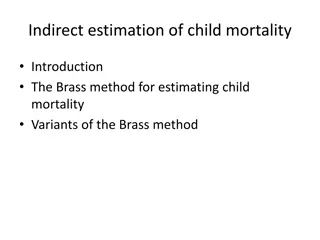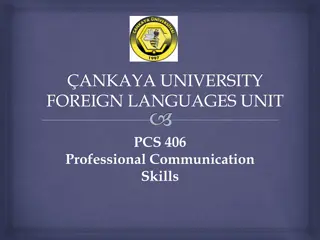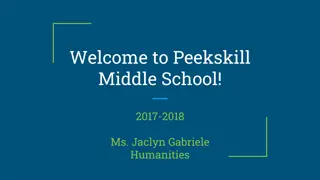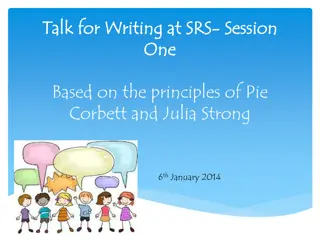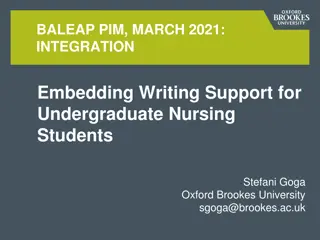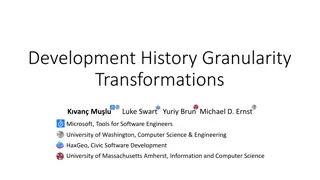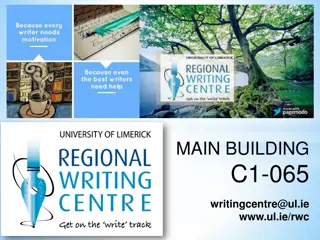AP Histories: Course Overview and Writing Skills
In this comprehensive guide, find everything you need to know about AP Histories - from course basics and writing skills to potential struggles and common questions answered. Access syllabus, grading, and calendar info. Learn to excel in Short Answer Questions (SAQ), Document-based Questions (DBQ), and Long Essay Questions (LEQ). Uncover strategies for success, communication tips, and ways to tackle major challenges associated with the course.
Download Presentation

Please find below an Image/Link to download the presentation.
The content on the website is provided AS IS for your information and personal use only. It may not be sold, licensed, or shared on other websites without obtaining consent from the author.If you encounter any issues during the download, it is possible that the publisher has removed the file from their server.
You are allowed to download the files provided on this website for personal or commercial use, subject to the condition that they are used lawfully. All files are the property of their respective owners.
The content on the website is provided AS IS for your information and personal use only. It may not be sold, licensed, or shared on other websites without obtaining consent from the author.
E N D
Presentation Transcript
Multiplicative Reasoning Key Stage 3 Video 2.1 Estimating related lengths
2.1 Estimating related lengths The teacher describes his fuzzy starter as a useful organisational tactic. In addition to this, how does it allow the teacher to assess what the pupils already know and to adjust his teaching accordingly?
The Westgate Close activities used in these videos were developed by the ICCAMS (Increasing Competence and Confidence in Algebra and Multiplicative Structures) project. The lesson aimed to introduce the double number line as a model of multiplication and to enable teachers to use formative assessment in mathematics lessons. The full lesson materials, and further information, are available at http://iccams-maths.org/page-3/
ICCAMS was led by Professor Jeremy Hodgen at Kings College London. We are grateful to the teachers and schools who helped develop the lessons and to the Economic and Social Research Council (ESRC) for funding the research. ICCAMS is part of TISME, the Targeted Initiative on Science and Mathematics Education: http://tisme- scienceandmaths.org/]
